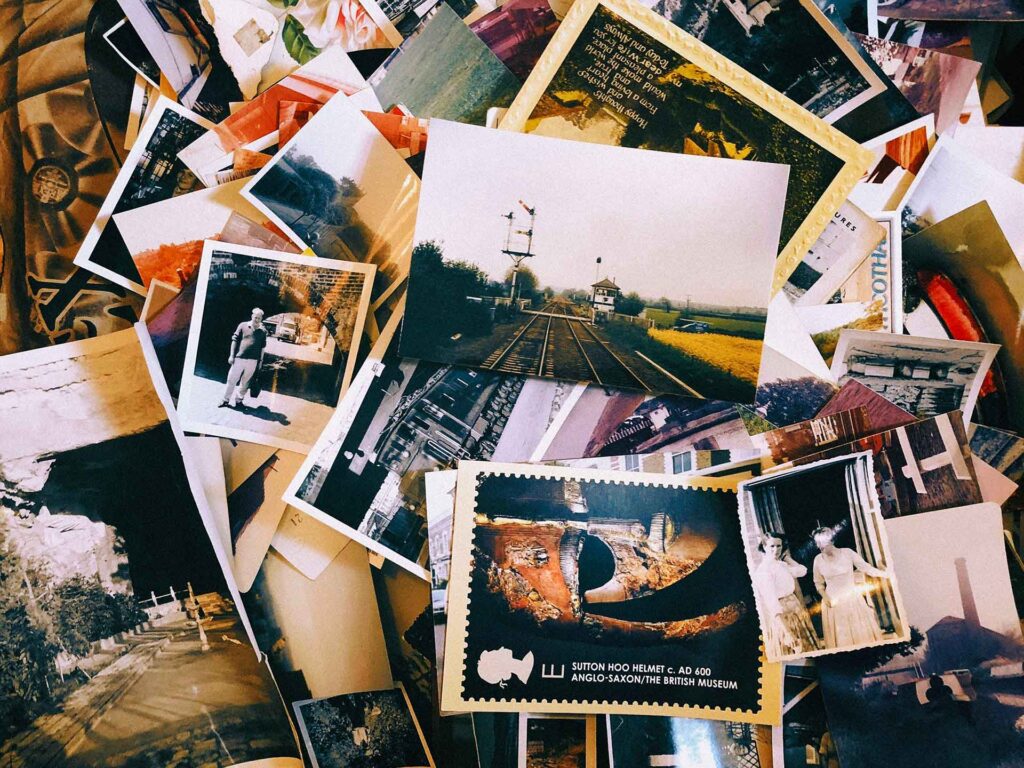Not many people I know dislike Facebook’s Memories feature. Partly because, let’s face it, we’re suckers for nostalgia—we love seeing where we were and what we were doing with people we care about. But also because it’s a brutally honest archive of how our own attitudes and public persona have evolved over time. Facebook has logged every step of my career: back in 2008, when I first made my account, I was an eager directing school grad, full of activist defiance, bouncing around in vans and crossing regional borders, torn between wanting to do everything right then and there and build something concrete in my field. It wasn’t easy. “A disheveled director with a radio show”—that’s how someone described me back then.
How do we know, when we walk into a room, that people recognize us? And more importantly—is it for what we want to be known, or just what our career has thrown at us? We’re talking, of course, about personal branding. Like any brand, this one has its visible form—name, job title, first impression—but also the subtler layers of meaning and emotion that flash in people’s minds when they hear about you.
The advice for building a personal brand is well-known but not always easy to follow. “Be authentic, consistent, and tell your story,” writes Goldie Chan for Forbes. People spot insincerity fast, so it’s best to start honest from the jump. Of course, that doesn’t mean much if your name isn’t built on solid ground. Expertise in your field, sharp focus on where you want to be recognized, and ruthless selectivity about the opportunities you take—those are non-negotiable.
When it comes to corporate social responsibility (CSR), being known in this space isn’t just about picking the right cause—it’s about approach. Are we investing company money and resources because that’s just what you do, or are we going further because we want CSR to be part of our personal brand? In an internal survey from three years ago—conducted for a major corporate program supporting creatives and activists, designed by my team—nearly 60% of participants ranked mentorship as the most valuable part. (Multiple answers were allowed, so presenting their work to a wider community mattered to over half, while almost 40% said meeting like-minded peers was crucial.) Dead last, at under 10%, was the financial support—which, in this case, wasn’t small (around €5,000 per idea).
Realizing that knowledge is the key—and that sharing it actively shapes how you’re seen—was a game-changer for me and my team. It gave us the confidence to push companies to give more than just money: to invest their employees’ expertise and inspire creativity in the communities they engage with. People in these programs became genuine ambassadors for the brands that supported them. Together with corporate partners, we tested this strategy once, then again, then dozens of times—first in one country, then many. Each time, we dissected the results and learned as fast as we could. And we didn’t stop.
For every ten opportunities my team and I could take, we’ve been choosing just two or three for years now. “Innovation,” “knowledge and mentorship,” “CSR,” “social impact campaigns,” “relentless,” “regional”—these are the phrases we now hear from collaborators describing us. A far cry from activist radio shows and gritty films—and yet, to me at least, it feels like a natural progression. When I open Memories in 2029, what impressions will dominate then? No idea. Will these current ones just be wistful relics, replaced by something entirely new? That’s the only thing I’m sure of.



